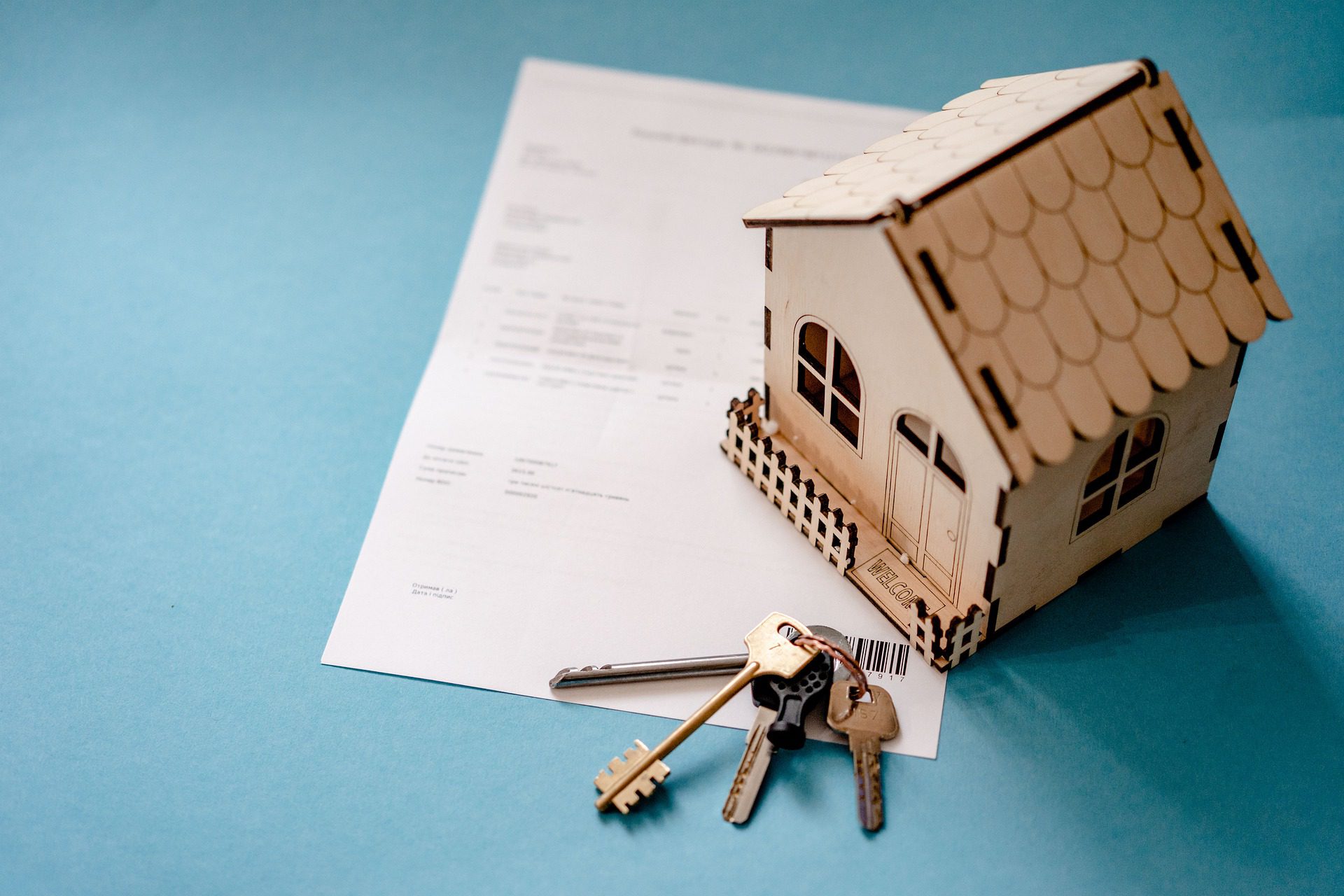The passing of a partner is bad enough, without the added stress of wondering what will happen to your mortgage or even the fear of losing your home. This guide from our experienced mortgage adviser, Alan Ramsden, covers the more common aspects of what to expect and the first steps to solving any mortgage issues if your partner has died.

Life insurance and your mortgage
There are two basic types of life insurance which can be used to settle the outstanding balance on your mortgage in the event of your death: decreasing and level.
Decreasing life insurance considers the fact that if you have a repayment mortgage, the longer you live, the less you will eventually have to pay off on your mortgage. Hence, the sum required decreases over time to match the amount left on your mortgage. If you pass before the mortgage is repaid, then this pay-out should cover whatever is left, but is unlikely to leave any additional funds for your next of kin.
Level mortgage life insurance, on the other hand, stays at a constant level throughout the lifetime of the policy, which is required for interest-only mortgages which do not reduce over time. With a repayment mortgage, the longer the life insurance runs, the less is required to settle your outstanding mortgage debt if you die. Unless you die very soon after taking out this kind of life insurance, there will be a steadily increasing sum left over – once your mortgage is repaid – to benefit those you leave behind.
Do I need to make a will if I have a mortgage?
No. A will can resolve ownership of a property, but the mortgage remains the responsibility of any surviving signatory under the loan agreement. There is no legal requirement to have a will once you have a mortgage. However, having a will means that your estate is managed in line with your wishes. There are several ways you can make a will, including using a solicitor, estate planner or a will writing service. Having made a will, it’s important that it continues to reflect your wishes – hence, if you remarry, divorce, or your family circumstances change, then you should also update your will.
What to do first
You must advise the mortgage lender of your partner’s death as quickly as possible. Sadly, the passing of a loved one is not unusual, and the mortgage lender will have clear procedures in place if this happens. They will understand that this is a distressing time for you and will do their best to help you deal with what happens to your mortgage next.
Don’t be afraid to contact your mortgage lender – providers will have a lot of experience in helping people in this situation. Most importantly, a mortgage lender who doesn’t know anything is wrong cannot do anything to help you.
What if my partner dies and the mortgage was in their name only?
When someone dies, their debts still need to be settled – this includes any mortgage they hold. Consequently, if your partner dies and the mortgage is in their sole name, then this money still needs to be paid back.
What happens to the house depends on what life insurance arrangements the mortgage holder had in place. If the mortgage holder had mortgage life insurance, then this will be used to pay off the remainder of the mortgage. Similarly, if the mortgage holder had other life insurance in place, investments, assets or death in service benefits from their employment, then this may provide enough funds to settle the outstanding mortgage debt.
However, if there is no life insurance in place (or the sums are not enough to settle the outstanding mortgage debt), then it is possible that the property will have to be sold to pay off the monies owed. The surviving partner can take out a new mortgage in their own name – providing of course that they have the income and can pass the usual mortgage affordability tests.
In such circumstances, it is not possible to simply assume or take over an existing UK residential mortgage – instead this is treated like a new mortgage application.
What happens to a joint mortgage if my partner dies?
You will be liable for any outstanding mortgage debt if you have a joint mortgage and your partner dies before this is paid off. If your partner’s estate, death in service or life insurance does not cover the outstanding amount then you will need to continue to pay this yourself. If this is going to be difficult then you will need to speak with your mortgage lender and see if they can offer any alternatives. This may include extending your mortgage term, a switch to an interest only or a retirement interest only mortgage (depending on your age).
If there are no viable options and you can remortgage without incurring an unacceptable level of penalty then you could also speak to a mortgage broker to see if other lenders could offer you a better alternative. If you’re over 55, you may also want to consider using equity release to clear your outstanding mortgage or having to move home and use the proceeds of the sales to clear your outstanding mortgage balance.
If your partner had life insurance, usually the mortgage is cleared
If the deceased party had an appropriate level of life insurance, then this is often used to pay off the mortgage in its entirety, leaving the surviving partner with no debt and a house that is now entirely theirs (or with joint ownership, if there are three parties in the mortgage – such as a housing association or family member). For many people, this is the primary reason for having life insurance.
In most instances, a mortgage will be the first and most expensive debt paid off by life insurance. Next will come any outstanding debts for loans, credit cards, store cards or other credit agreements. If the policy is in trust, then the insurer will pay out, possibly direct to the insurer and without a wait for probate. Otherwise, there will be delay in getting the payment until the legal process of getting a Grant of Representation/Probate has been obtained.
If your partner didn’t have life insurance
If a party in a joint mortgage dies then the surviving partner is, as before, liable to keep up the repayments.
However, if the mortgage was just in your partner’s name then it’s unlikely that you’ll be able to ‘take over’ or transfer a mortgage to one in your name. Instead, you will likely have to arrange a new mortgage – in your name only – or another joint mortgage with a family member, for example.
If you cannot obtain a mortgage, then you may be faced with the possibility of having to sell your home to clear this debt. However, there are some Government schemes that can offer help. As with any new mortgage, it’s important to shop around to find the best deal.
If you would like to discuss any of the points above, our Mortgage Adviser, Alan Ramsden can be contacted on 020 3030 4164 and would be happy to discuss options with you on a call, over video or in person.
Grosvenor Wealth Management’s independent mortgage advice service ensures that during your future planning or difficult time, your mortgage requirements are fully met.
PLEASE ALWAYS REMEMBER: Your mortgage is a loan secured against your property. Your home may be repossessed if you do not keep up repayments on a mortgage or other loans secured on it.
Talk to us
To find out more about our mortgage advice contact us using the form.
ISA returns of the year
Making the most of your 2024/25 tax allowances Investing your money wisely is more than [...]
Investing isn’t a one-size-fits-all approach
Why timing the market could be holding you back Are you considering delaying your next [...]
Financial resolutions to boost your wealth this year
Taking a proactive approach to clarify your current financial standing The start of a new [...]
Financial planning for your children’s education
Education is one of the most significant and rewarding investments you can make for your [...]
Autumn Budget Statement 2024
How could the range of changes impact your wealth planning? The Autumn Budget Statement 2024 [...]
Who pays for long-term care?
Ensure you’re well-placed to fund any future care needs Many people prefer to avoid the [...]







